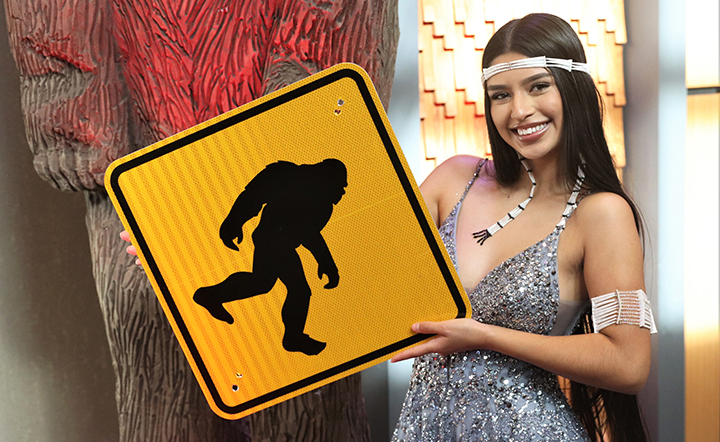
By Micheal Rios, Tulalip News
The Tulalip Resort Casino’s Orca Ballroom has been an ideal venue for thousands of events, from extravagant weddings to charity auctions to stand-up comedian acts and a fair share of employee holiday parties. Most recently, for perhaps the very first time, the Orca Ballroom was redesigned to host a red carpet, TV series premiere.
In honor of Indigenous Peoples Day weekend, series director and Global Net Productions founder, Michael Lienau, held the first public viewing of his latest project Even the Darkness in Tulalip. An estimated 350 cinephiles convened for the exclusive October 13 viewing, including Chairwoman Teri Gobin, elected leaders from nearby tribes, Tulalip youth representatives, and many Even the Darkness cast members who basked in the limelight of their first red carpet experience.
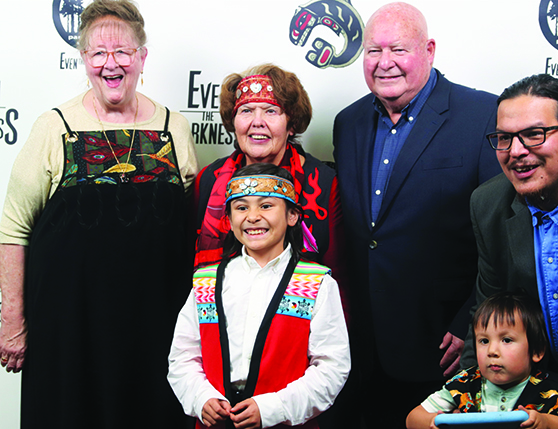
One such actor was 8-year-old Phillip James who donned a cedar headband with abalone shells and a one-of-a-kind ribbon vest with imagery of his distinct Indigenous ancestry that spans the Americas. Most notably, he wore a heartwarming smile that was impossible to miss when he took front and center beside his family for his red carpet photo.
“I was happy and excited to get to act in a TV series,” said young Phillip after taking his seat in the Ballroom. “I thought it was going to be a fun thing and it was. My favorite memory [while shooting my scene] was seeing how happy my mom and grandma were. They were so happy they cried.”
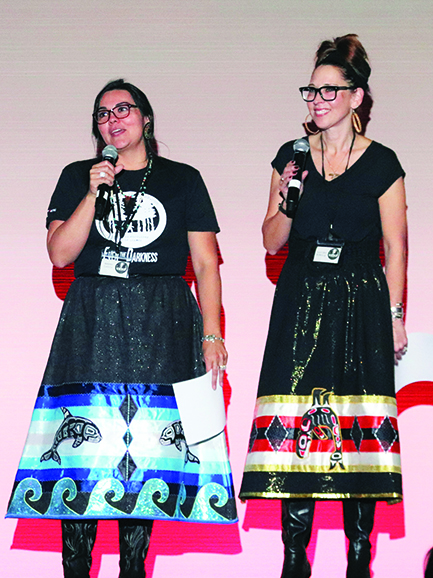
One of Phillip’s on set coworkers was actress Amber Cantu. She joined producer/writer and fellow stunning ribbon skirt wearer Larisa Koenig on center stage to welcome all those who managed to carve out time of their busy lives to celebrate an intersection of film, advocacy, and indigeneity.
“Even the Darkness started out as a dream, and now we’re all here at this red carpet premiere to celebrate it becoming reality,” shared Amber. “This project was a beautiful collaboration of amazing people with a vision to bring the realities our First Nations People face to the big screen. It’s about telling our stories of Missing and Murdered Indigenous Women (MMIW), sharing traditional stories that connect us to the land and our ancestors, and so much more. I’m so thankful to be a part of this incredible series.”
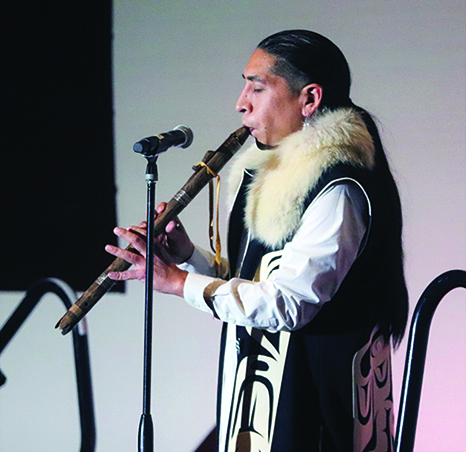
Even the Darkness features Coast Salish culture, gives credence to our stories that predate settler contact, has an Indigenous co-producer and several Indigenous advisors/consultants, and gave a number of aspiring Indigenous actors and actresses their official break into the film industry. Moreover, the independently created TV series seeks to honor and unite people of all ethnicities and generations, all while promoting environmental stewardship.
Bringing the Orca Ballroom hosted premiere full circle is the fact that several scenes were filmed within traditional Tulalip territory. One such scene took in the natural splendor viewed from Tulalip Marina and its central location within the Reservation.
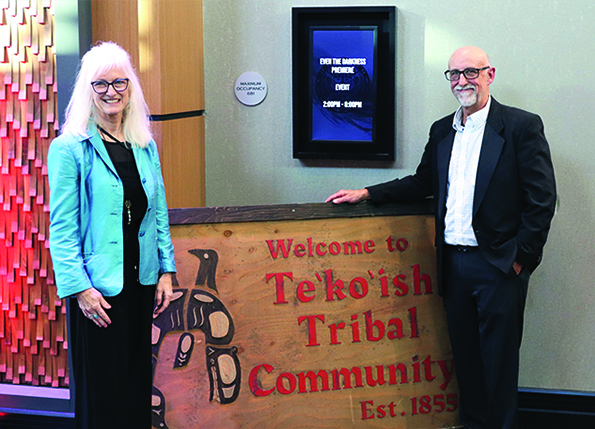
Showcasing Native actors, Native lands, and Native stories within the creative lens of filmmaking is something Director Michael Lienau and the show’s producers were intentional about from the very beginning.
“We thought it was significant to hold the premiere here in Tulalip because our series seeks to honor the Native American people and really amplify their voices,” explained Director Lienau. “Using the premier as a means to celebrate Indigenous Peoples Day and to be able to bring so many together on such a significant day is really special. I’m just amazed to see so many people from Native communities all over the state came to celebrate with us and to view an unknown, unseen TV series.
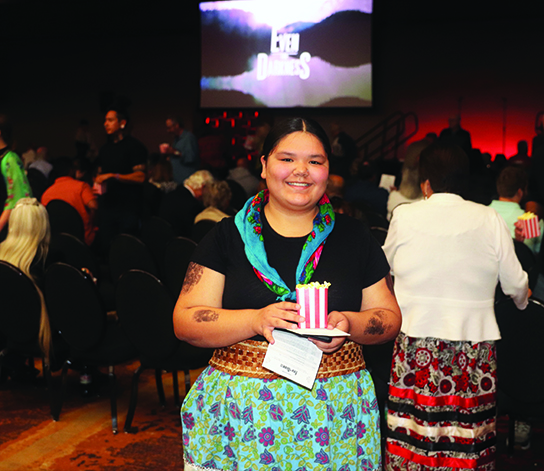
“This outpouring of support proves why its so important to listen to our local Native American tribes’ stories and learn of their rich histories,” he continued. “Across this nation, especially here in Washington State, the Native American culture is so vibrant and filled with amazing stories that have stood the test of time. My hope is to see more filmmakers and media companies showcase these communities and not tell the stories for them, but work alongside them in a respectful way and allow them to tell their own stories.”
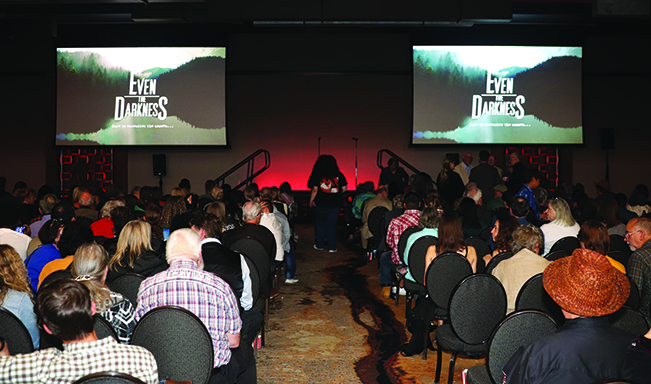
After all, honoring traditional stories and amplifying the Native voice is foundational to any proper Indigenous Peoples Day celebration.